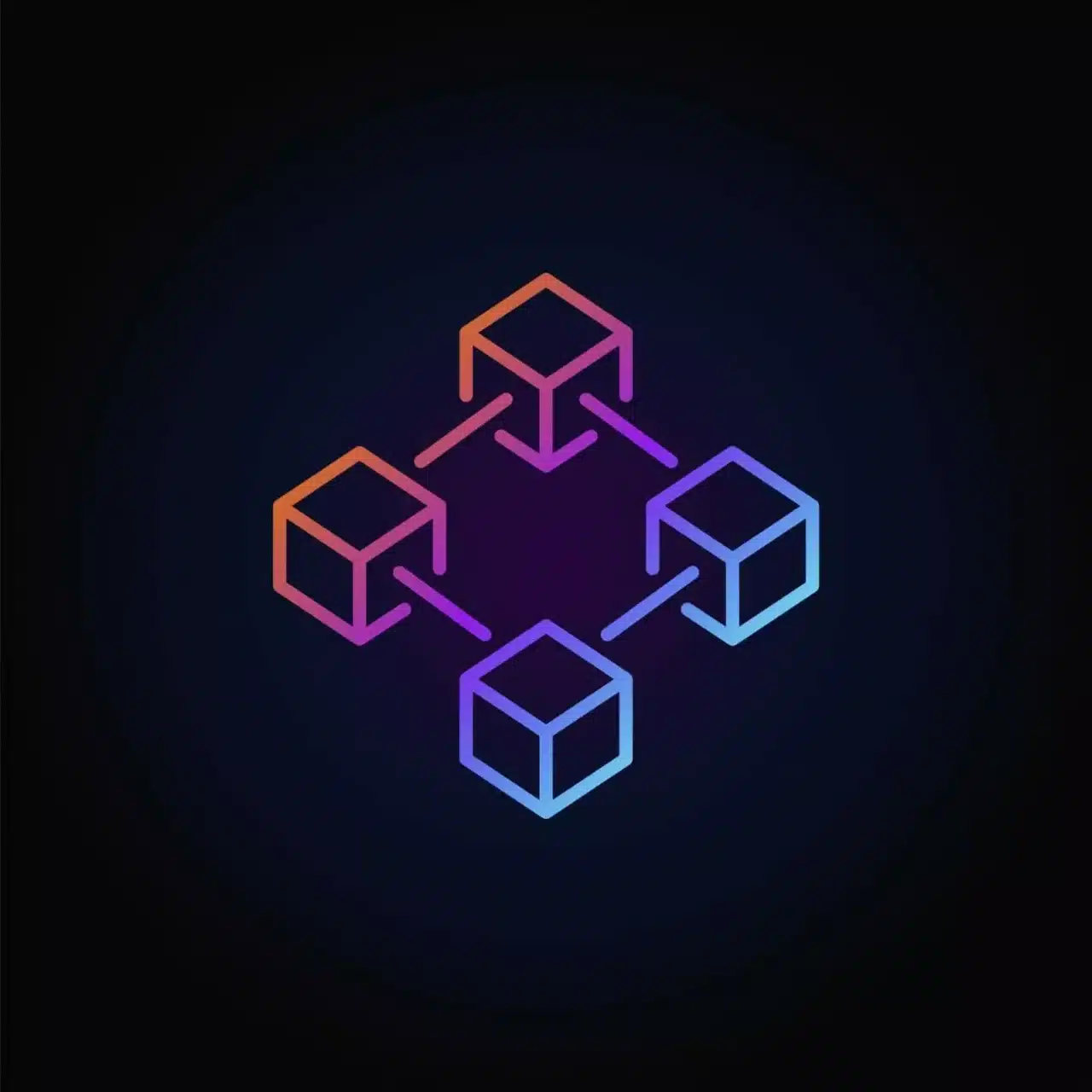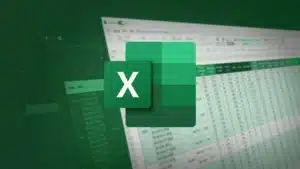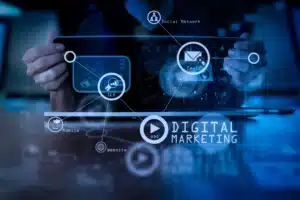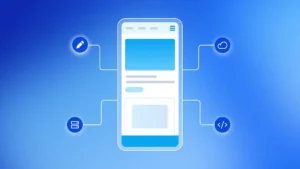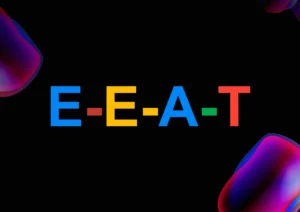Blockchain development for software engineers has rapidly moved from a niche curiosity to a mainstream, highly lucrative career path. Today, it fuels innovation across finance, healthcare, supply chain, and beyond, revolutionizing how trust, security, and transparency are engineered into digital systems. As decentralized apps (dApps), smart contracts, and Web3 development reshape industries, engineers skilled in distributed ledger coding, Ethereum development, and Solidity programming are in unprecedented demand.
This article explores the cutting-edge trends, tools, and career opportunities defining blockchain development in 2025. It also highlights how Amquest’s Mumbai-based, AI-powered Software Engineering, Agentic AI and Generative AI Course equips you with the holistic, future-ready skills employers seek. Whether you are an experienced developer or aspiring technologist, mastering the intersection of blockchain, generative AI, and agentic systems will position you at the forefront of software engineering’s next frontier.
The Evolution of Blockchain Development: From Bitcoin to Decentralized Ecosystems
Blockchain technology began with Bitcoin’s 2009 launch, introducing decentralized digital currency. Since then, it has evolved dramatically:
- 2009: Bitcoin pioneers decentralized digital currency.
- 2015: Ethereum introduces smart contracts and dApps powered by Solidity programming.
- 2020s: Web3 development surges, with frameworks like Polkadot and Cosmos enabling cross-chain interoperability.
- 2025: Enterprises and governments accelerate blockchain adoption for identity management, supply chain transparency, and AI-driven autonomous agents.
For software engineers, this evolution means mastering more than coding—it requires architecting trustless, scalable, censorship-resistant systems. Roles have diversified into smart contract engineers, Web3 full-stack developers, blockchain security specialists, and DevOps experts managing decentralized infrastructure.
Key Trends, Tools, and Skills Driving Blockchain Development in 2025
Modular Blockchain Architectures and Interoperability
A defining trend in 2025 is modular blockchain architecture, which separates core functions like consensus, execution, and data availability. This design enables scalable, customizable blockchains that better meet diverse use cases. Projects like Celestia and Polygon 2.0 illustrate how modularity supports rapid innovation and lowers infrastructure costs.
Interoperability is also critical as dApps increasingly operate across multiple chains (Ethereum, Solana, Avalanche). Developers must build cross-chain compatible solutions that ensure seamless asset and data transfer, demanding proficiency in multi-chain frameworks and protocols.
Essential Programming Languages and Frameworks
Modern blockchain development relies on a diverse tech stack:
- Solidity: The dominant language for Ethereum smart contracts with a large developer community.
- Rust: Preferred for high-performance, secure contracts on Solana and Polkadot.
- Go and JavaScript: Used for blockchain nodes, APIs, and full-stack dApp development.
- IPFS and Filecoin: Decentralized storage solutions enabling dApps to operate without centralized servers.
- Web3.js and Ethers.js: JavaScript libraries essential for interacting with Ethereum and EVM-compatible blockchains from front-end applications.
Decentralized Finance (DeFi) and Tokenization
DeFi continues to disrupt traditional finance by enabling lending, borrowing, trading, and yield farming without intermediaries. Tokenization extends this disruption to real-world assets such as real estate and art, creating programmable, liquid markets on-chain. Blockchain developers must understand smart contract security, economic incentives, and regulatory compliance to build safe, scalable DeFi applications.
Security, Auditing, and Compliance: Non-Negotiable Skills
With increasing regulatory scrutiny and high-profile exploits, security expertise is paramount for blockchain developers. Skills in smart contract auditing, formal verification, multi-signature wallets, and secure coding practices are highly sought. Compliance knowledge—such as building permissioned systems, investor whitelists, and audit trails—is also critical for enterprise adoption.
AI and Blockchain: The Emerging Frontier
The convergence of agentic AI (autonomous, goal-driven agents) and generative AI with blockchain opens transformative possibilities. Imagine AI agents autonomously negotiating and executing smart contracts or generative models creating and verifying on-chain content. Engineers fluent in both AI and blockchain are rare and highly valued. Amquest’s course uniquely integrates blockchain fundamentals with AI-powered modules to prepare developers for this next wave of innovation.
Salary and Job Market Insights
Blockchain developers command competitive salaries, reflecting their specialized skills and market demand. Senior roles in tech hubs like San Francisco, New York, and Chicago offer $180K to $400K annually, while entry-level positions start well above industry averages. Remote work is increasingly prevalent, with companies like Coinbase and Binance hiring globally, expanding opportunities beyond traditional tech centers.
Advanced Tactics for Success in Blockchain Development
Master the Full Stack
Top blockchain engineers are full-stack developers proficient in:
- Smart contract development (Solidity, Rust)
- Backend services (Node.js, Go, Python)
- Front-end dApp interfaces (React, Vue, Web3.js)
- DevOps for decentralized infrastructure (Docker, Kubernetes)
- Security best practices (auditing, formal verification)
Build a Portfolio with Real Projects
Hands-on experience is essential. Contribute to open-source blockchain projects, join hackathons, and deploy dApps on testnets. Document your work via GitHub, blogs, and demo videos to showcase your skills and attract employers.
Continuous Learning and Community Engagement
Blockchain evolves quickly. Follow leaders, join developer communities (Ethereum, Solana), and keep up with protocol upgrades, new frameworks, and security developments.
Leverage AI and Automation
The future of blockchain development integrates AI-driven automation and code generation. Developers who can incorporate agentic AI and generative AI into workflows will lead innovation. The Software Engineering, Agentic AI and Generative AI Course offers AI-powered personalized learning and projects to build these competencies.
Building Your Personal Brand and Network
Share your blockchain journey authentically through blogs, tutorials, and social media. Engage with DAOs, contribute to governance, and attend meetups and conferences. These connections often lead to job offers, collaborations, and mentorship.
Measuring Success: Analytics and Industry Benchmarks
Track metrics such as GitHub stars, dApp user growth, smart contract audit passes, and community engagement. Compare your progress with industry benchmarks on salary, placement, and certification outcomes. Amquest’s published internship and placement data provide clear success indicators.
Case Study: Coinbase’s Blockchain Talent Strategy
Coinbase has scaled its engineering team to over 1,000 developers, focusing on security, scalability, and user experience. They invest heavily in developer education, offering internships, hackathons, and career growth paths prioritizing blockchain security, smart contracts, and distributed systems expertise. This approach aligns closely with the learning principles embedded in the Software Engineering, Agentic AI and Generative AI Course.
Actionable Tips for Aspiring Blockchain Developers
- Start with fundamentals: Solidity, Ethereum, and cryptography
- Build in public: Launch dApps, contribute to open source, share your work
- Specialize: Focus on DeFi, NFTs, or blockchain-AI integration
- Network: Join DAOs, attend hackathons, connect with mentors
- Upskill continuously: Enroll in courses blending blockchain, AI, and software engineering, like the Software Engineering, Agentic AI and Generative AI Course with hands-on projects and internships
Why Choose the Software Engineering, Agentic AI and Generative AI Course?
This course offers a unique, industry-aligned curriculum combining full-stack blockchain development, generative AI, and agentic AI with traditional software engineering. Taught by industry veterans, it emphasizes hands-on learning through real-world projects, hackathons, and internships with partners like Binance and Galaxy. Delivered from Mumbai with national online access, it features AI-powered personalized learning and career coaching—preparing you to architect the next generation of decentralized, AI-driven systems.
| Feature | Software Engineering, Agentic AI and Generative AI Course | Typical Competitors |
|---|---|---|
| Curriculum Depth | Integrates blockchain, generative AI, agentic AI, and software engineering | Often siloed: blockchain OR AI |
| Faculty | Industry veterans from top tech firms and blockchain startups | Academics or junior professionals |
| Hands-on Learning | Real-world projects, hackathons, internships with leading industry partners | Theoretical focus, fewer live projects |
| Placement Support | Strong track record with internships and job placements | Limited or no placement guarantees |
| Location & Access | Mumbai campus + national online delivery | Limited local presence |
| AI Integration | AI-powered personalized learning, code review, and career coaching | Basic LMS, no AI personalization |
Conclusion
Blockchain development for software engineers is one of the most dynamic, rewarding tech fields today. With roles spanning smart contracts, dApps, DeFi, and AI-blockchain convergence, the opportunities are vast for those with the right skills. To excel, invest in comprehensive education that covers blockchain and AI technologies shaping the future. The Software Engineering, Agentic AI and Generative AI Course—taught by experts, featuring hands-on projects and direct internship pathways—is your fastest route to leadership in this space.
Ready to build the future? Explore the Software Engineering, Agentic AI and Generative AI Course today and join the next wave of blockchain and AI innovators.
FAQs
What is blockchain development for software engineers?
It involves designing, building, and maintaining decentralized applications (dApps), smart contracts, and the infrastructure powering Web3 and crypto ecosystems.
What skills are needed for blockchain development?
Key skills include Solidity programming, Ethereum development, smart contract auditing, full-stack development (JavaScript, Go, Python), DevOps for decentralized systems, and distributed ledger coding.
How does blockchain intersect with AI?
Blockchain and AI converge in autonomous smart contracts (agentic AI), generative content creation on-chain, and AI-powered security auditing, requiring engineers fluent in both domains.
What are the career prospects for blockchain developers?
Blockchain developers enjoy high salaries, strong job growth, and opportunities in fintech, DeFi, NFTs, supply chain, and more, with senior roles exceeding $300K annually.
How does the Software Engineering, Agentic AI and Generative AI Course differ from others?
It integrates blockchain, generative AI, and agentic AI into a single curriculum with hands-on projects, internships, and faculty from leading tech firms, designed for real-world impact.
Can I study blockchain development online?
Yes, the course offers national online delivery alongside its Mumbai campus, making top-tier blockchain and AI education accessible anywhere.

